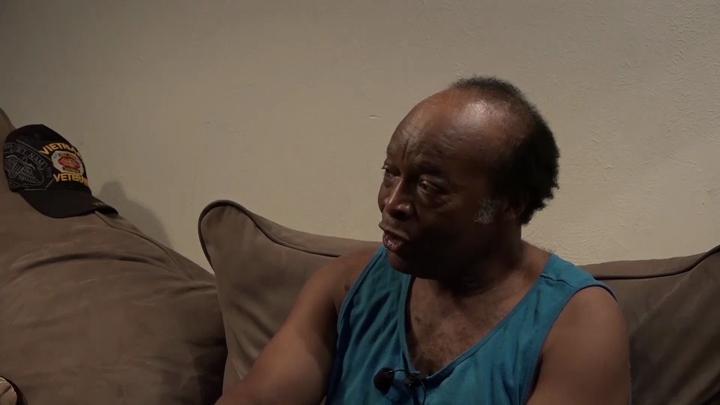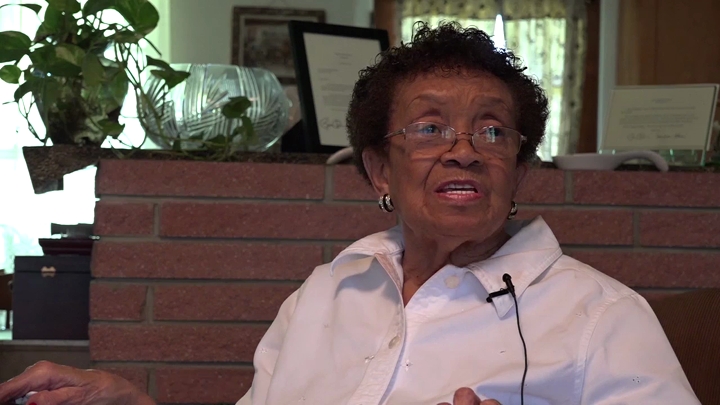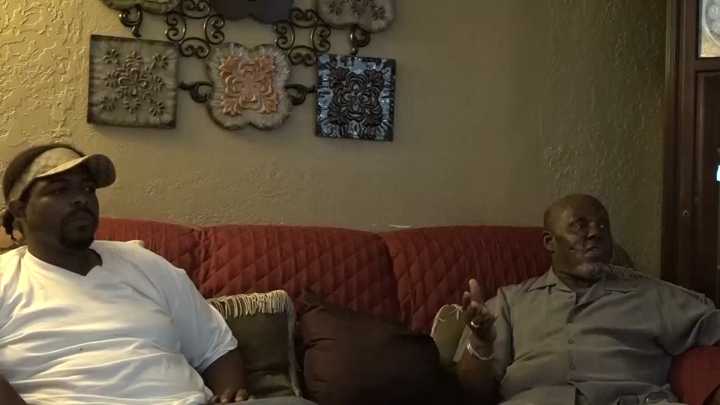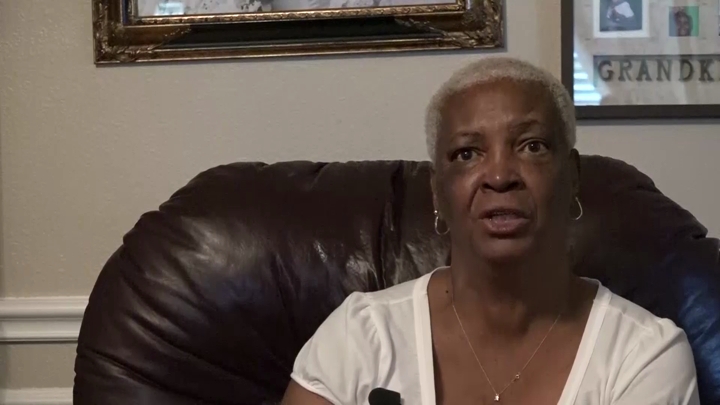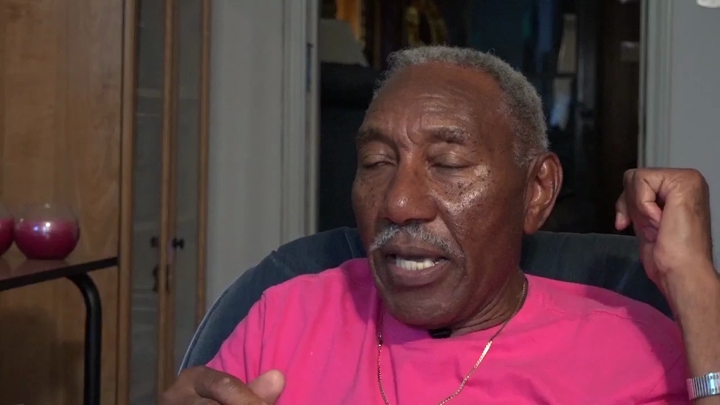Calyen / Resources and People in the Community
sign up or sign in to add/edit transcript
Interviewer: During that time period, what was the quality of the resources y’all were able to obtain at Booker T. Washington Elementary? Calyen: Well, we had a library that had some books in it but none of the books were about anybody other than George Washington Carver, Booker T. Washington, Willie Mays. Hank Aaron. Those were primarily the only black people that you would hear about. It wasn’t until I was way, way—a man that I found out that there was someone other than George Washington Carver, Booker T. Washington, Frederick Douglass and I heard about a guy named Imhotep and I said, “Who is he?” and I just started reading and found out that he was one of the first guys—he was a doctor. I became a reader and learned a whole lot about black history. Interviewer: Why do you think they were so focused on people like George Washington Carver and Frederick Douglass in your early teaching? Calyen: At that time, those were the guys that were not creating any kind of havoc. Those were—those two guys had done a whole lot as far as black people were concerned and they didn’t—they wasn’t activists. They were pretty much gentle men and I think they had a lot to do with how people received them. Interviewer: I know Mrs. Bradley became a prominent—or was a prominent figure in the Conroe black community. Can you talk a little bit more about what she was able—what she meant to the community? Calyen: Mrs. Bradley was not only a teacher, but she was the first lady at a church, First Missionary Baptist Church, and her husband was a pastor there. So, you got to see Mrs. Bradley, not only on Sundays, but Monday, Tuesday, Wednesday, Thursday, and Friday, and you probably would—Mrs. Bradley shopped at the grocery store where I worked so I got to see her all the time. She was well established woman. She was prominent. She was high spirited. She made sure that you didn’t do anything I’m not going to do anything that I’m going to participate in Mrs. Bradley’s presence. Even if you was at church, if it was at schools, she had a song you wanted to sing, you had to participate. Mrs. Bradley was that type of woman. So yeah, she played a big part in my life too. Interviewer: So, we talked about the teachers who were role models to you. What other people were role models to you in terms of family, people in your community growing up? Calyen: Well my mom was probably my greatest role model. She was what I would call a—she was a homebody. She stayed home, and she cooked three meals per day. Always had plenty to eat. Always had a good homecooked meal. I have to say, there was a guy that I worked for, like I said, his name was Clint Morris and he had a grocery store and I started working at the grocery store when I was thirteen and a half. I worked there until I finished high school and he taught me how to make change, how to be a people’s people, how to be a—the customer’s always right. Even if the customer gives you a whole lot of trouble, you still be polite to them. He taught me that about business. Mr. Collier, his name was Earl Collier, he taught me things about being a gentleman. How a man should act. How he should go about in the community and the way that you carry yourself.
| Interview | Interview with Henry Calyen |
| Subjects | Family › Childhood Experiences |
| Work | |
| Religion › Churches | |
| Community Organizations | |
| Education | |
| Education › Teachers and Administrators | |
| Family › Parents | |
| Tags | Carver, George Washington |
| Washington, Booker T. | |
| Douglas, Frederick | |
| Morris, Quinn | |
| sign up or sign in to add/edit tags | |
| Interview date | 2016-07-06 |
| Interview source | CRBB Summer 2016 |
| Interviewees | Calyen, Henry |
| Duration | 00:04:36 |
| Citation | "Resources and People in the Community," from Henry Calyen oral history interview with , July 06, 2016, Conroe, TX, Civil Rights in Black and Brown Interview Database, https://crbb.tcu.edu/clips/3350/resources-and-people-in-the-community, accessed February 17, 2026 |


